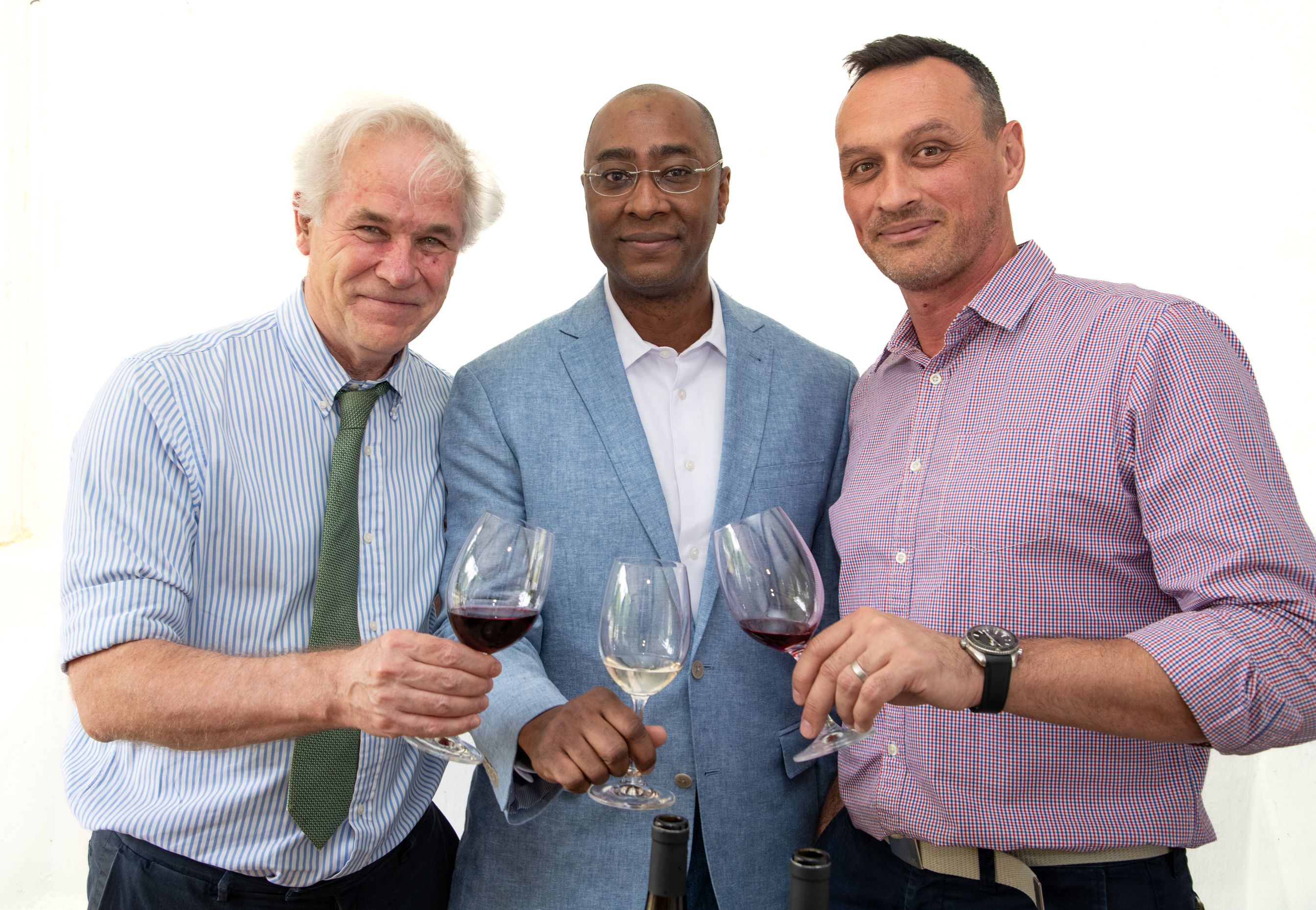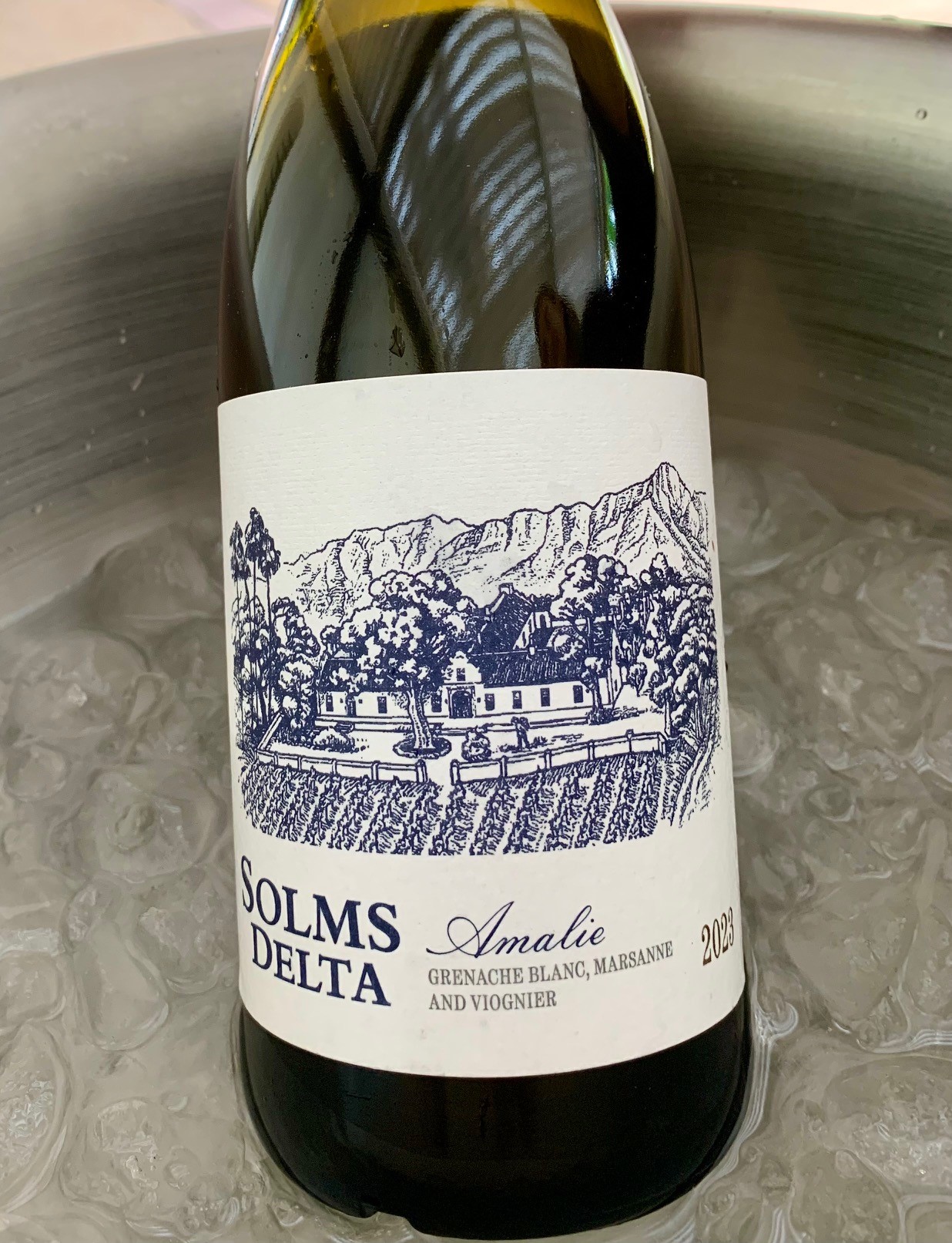An ambitious dream re-imagined.
There can be little sadder view than driving into a farm where the vineyards, untended for several years, look unkempt, if not dead. This was the scene as we entered Solms-Delta, the Franschhoek wine farm that has been through troubled times in recent times.
Solms Delta wine estate was founded on his family farm by Professor Mark Solms in 2001. Originally granted in 1690, Solms realised the Delta workers were descendants of slaves. In establishing Solms-Delta, he wanted to redress injustices of who owned farms and land. His dream was to uplift the community and for workers to hold the title deed to the lands they toiled.
Sadly, things didn’t work out as Solms and his, now late partner, Richard Astor hoped and the plan faltered. What went wrong? Neither partner was business savvy, nor did they understand the realities of the wine industry. At this point in 2016 they needed an investor to help sustain the workers. Their choice was the Department of Land Reform, part of Jacob Zuma’s government, regrettably, a move unlikely to bear success.
By 2018, this once-thriving estate was left shuttered; the cultural outreach and skills upliftment programmes pioneered by Mark Solms were shut down. Liquidate or go into business rescue became the ultimate choice; choice of the latter normally takes three months; three months became six years, so we reach 2023 and the arrival in South Africa of Tommy Hall. From Houston, Texas, Hall is Director of Global Operations for Hewlett Packard Enterprise, a Fortune 500 technology company.
It was a documentary by Trevor McDonald on what’s happened since democracy in South Africa, of which Solms-Delta was a part, which drew Hall’s attention to the farm and the realisation that Solms’ vision couldn’t be allowed to fail. He with his wife, Crystal and son, Gavin, were planning to spend more time in South Africa, even perhaps retire in Cape Town.
Discussions with Solms led to the formation and launch of the new Solms-Delta Wine Company, 100% black-owned by the Hall family. Hall makes the point that it is an entirely new venture, established to continue Solms ambitious journey of land restitution and community upliftment. ‘It’s not about us coming and buying up the farms that once constituted Solms-Delta,’ Hall explains, emphasizing the necessity of ensuring that everything is done in a manner both socially equitable and financially viable.
The good news is that Hall and Solms plan to reopen Fyndraai, the farm’s restaurant, famous for its heritage-inspired Cape Winelands cuisine. The adjoining Museum van de Caab will also reopen to the public, with exhibits detailing the shared social and cultural histories of the old farms in the Franschhoek valley. There are also plans to resurrect the Oesfees, harvest festival, celebrating not only the harvest but revival of the community projects that began here.
The first two wines under the Solms-Delta Wine Company banner were crafted by consultant winemaker, Francois Haasbroek. Both Hiervandaan, a blend of syrah, grenache, mourvèdre and cinsaut, and Amalie, a white blend of grenache blanc, marsanne and viognier, are from 2023 and already remarkably drinkable. Haasbroek’s goal of freshness and tension in the white, and lively aromatics in the red, with both accessible when young and a balanced structure to age.

For now, grapes are sourced from across the Western Cape. Once the initial phase is complete, attention will turn to the vineyards and restoring them to productivity after the last six years of neglect.
As the phoenix rises from the ashes, so one wishes that the hopes and dreams of everyone involved in the new company and community are realised.

Watch video here.
Blog by Angela Lloyd